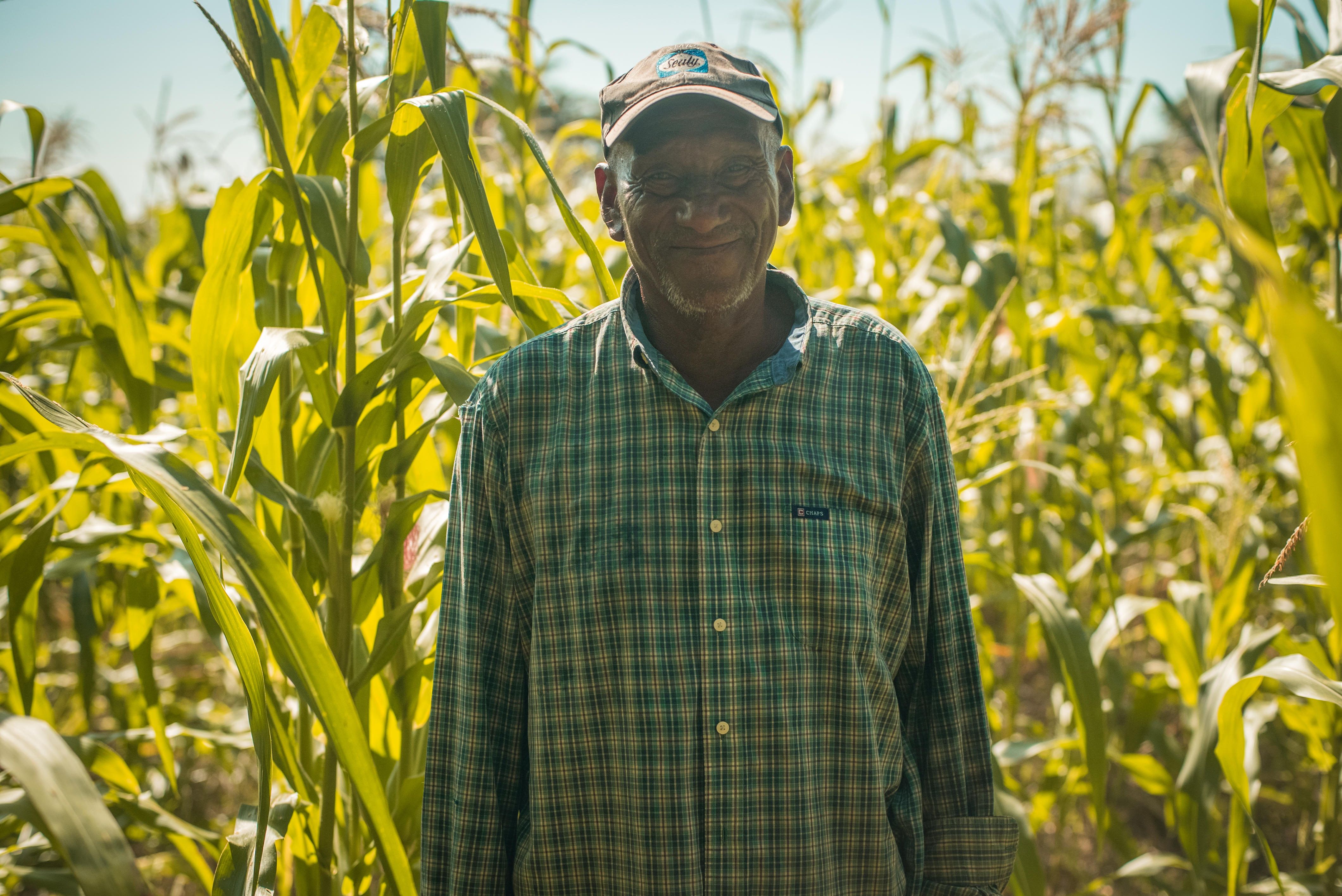This article was published more than 5 years ago.
Erasmo spent 40 years building a sustainable life on his farm in southern Honduras. Everything changed overnight.
In 2016, Erasmo woke to discover that a solar energy plant was being developed down the road from his farm without the consent of the community. The project threatens the land and livelihoods of farmers in the area. When Erasmo and his community peacefully protested the placement of the plant, he was arrested along with his wife and two of their children.

Across Honduras, corporations and extractive industries have sparked a crisis over land use and resource rights. Invasive development projects are often granted illegal land concessions by corrupt authorities, without legally required consent from local communities.
Farmers like Erasmo have called for sustainable development to benefit impacted communities, but the National Police has arrested whole families who refuse to be quiet. The Honduran state is charging them with obstruction and a variety of other criminal and administrative offenses to intimidate the opposition and ensure their silence. Many community members have been forced to flee their homes; some have left Honduras entirely.
Denia Castillo, a local lawyer, is part of the Movimiento Ambientalista Social del Sur por la Vida, or MASSVIDA, a volunteer network of civil society and community organizations in Honduras. She offers free legal aid to community members facing charges while also working to expose and stamp out the corruption that fuels these exploitative development projects.
“We have approximately 200 documented cases of people who have been criminalized for defending their land,” says Denia.
![DEnia in conversations [CUT]](https://globalhumanrights.org/wp-content/uploads/2019/11/DEnia-in-conversations-CUT.jpg)
Since his arrest, Erasmo is required to report weekly to the Ministry of Justice in Tegucigalpa. The trip takes a full day, interrupting his work on the farm, and the cost of traveling has burdened the family. Lawyers from MASSVIDA’s network accompany Erasmo to court and review legal documents for him, and the organization is fighting for the charges to be dropped.
Along with legal expertise, MASSVIDA is also working to provide psychological assistance and strengthen the environmental movement. The network aims to expose the Honduran state’s corrupt practices, which have rewarded extractive industries with lucrative contracts to exploit community lands. “We are joining forces to resist the system,” Denia says.
The Fund for Global Human Rights has been proud to support the incredible work of Denia and MASSVIDA since 2017.
“Funding grassroots movements is extremely important, because we know what communities truly want and what they really need,” says Denia. “We are extremely grateful to the Fund for Global Human Rights for the support they are providing this movement.”


